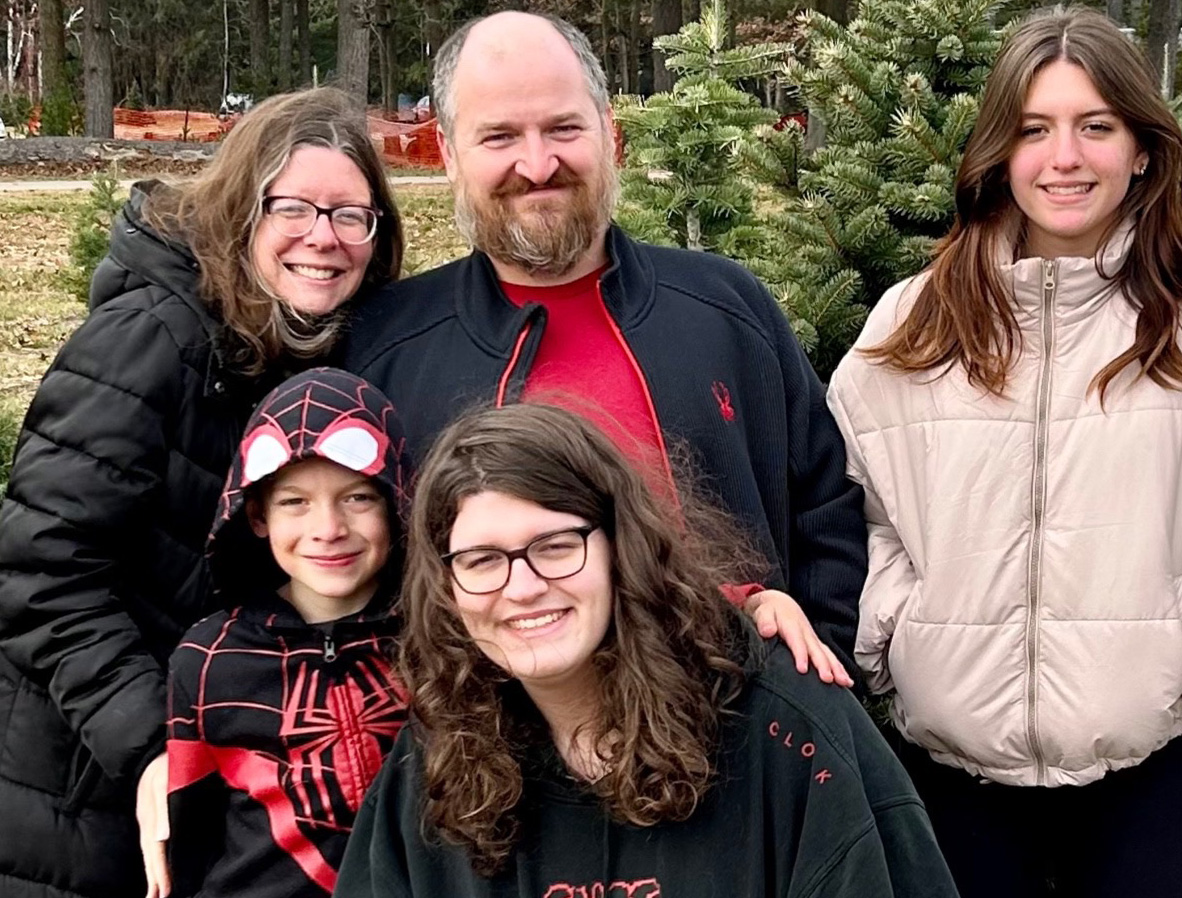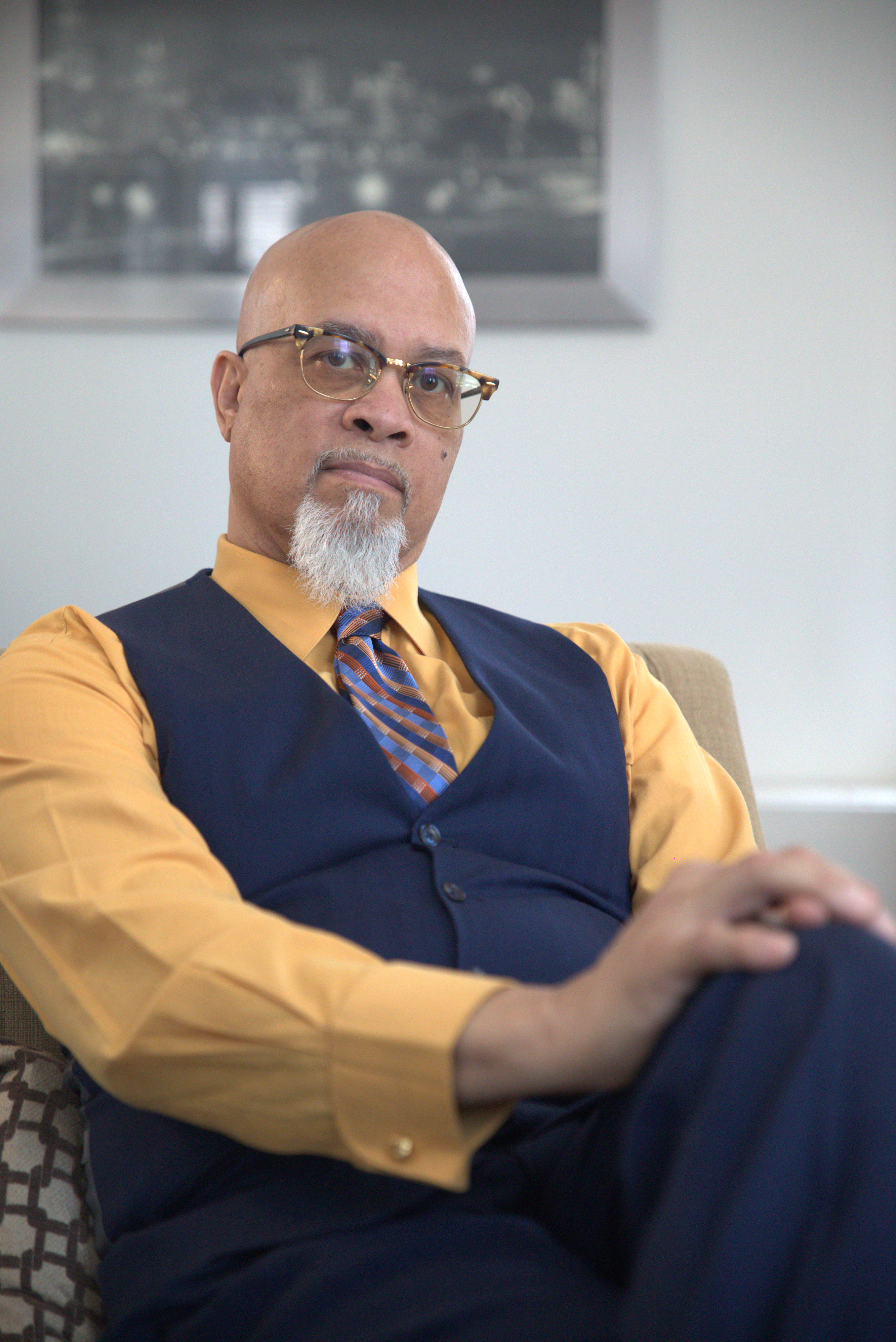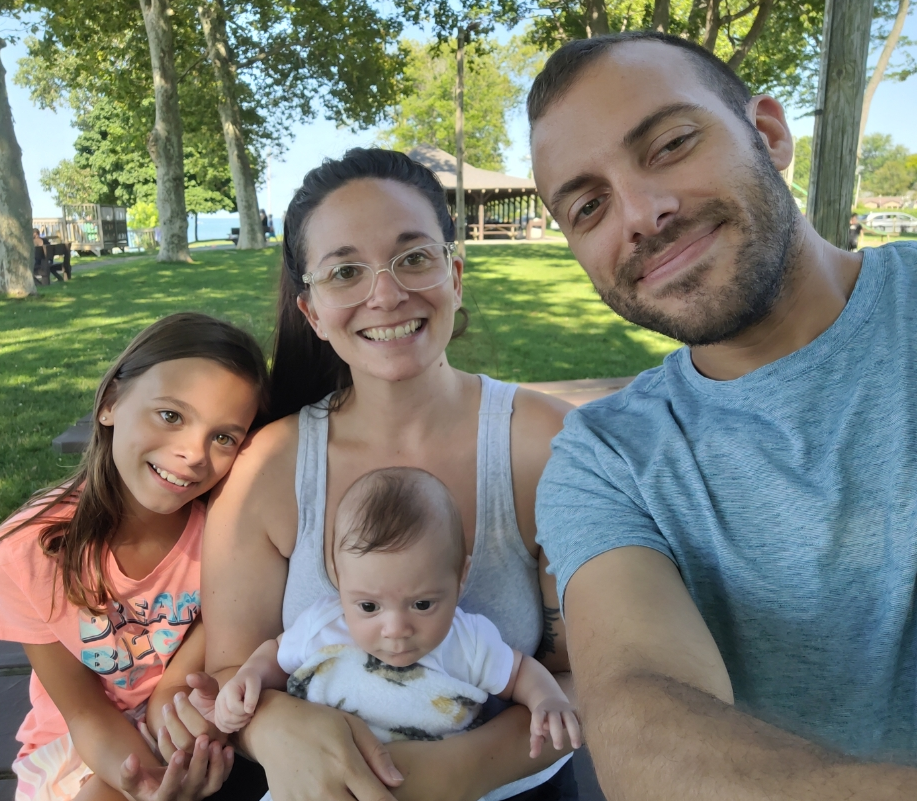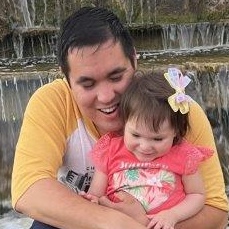Amber is a recipient of our debt relief program living in Toledo, Ohio. The debt relief provided to her was made possible through funding from the City of Toledo, one of numerous debt relief partnerships we are leading with local municipalities across the country. For her family, we abolished $1,542.60 worth of burdensome medical debt. The debt erased by Undue is associated with an ultrasound—a procedure that Amber’s teenage daughter receives twice per year to monitor her polycystic kidney disease (PKD). Amber’s daughter has required recurring care, including testing and medication, because of this genetic disorder since her diagnosis at only 7-months-old. At the time that her family accrued the medical debt erased by Undue, Amber’s daughter was covered through her high deductible healthcare plan (HDHP).
“I took a lower-paying job during COVID. And so, with the lower pay, it also was not good insurance. That’s why we fell into that debt. [Eventually I] had to go part-time for medical reasons and so it just never could get paid. It was always [about paying] the household bills, and now we’re starting to get back on track. I went back to working full-time in April.”
Amber’s deductible at the time was $7,000; her daughter’s ultrasound cost roughly $1,500. For years, Amber and her husband have had to make hard decisions centered around accessing healthcare for their family and affording the associated costs, all the while juggling unexpected expenses, employment, and raising three children with varying personalities and needs; both basic and health care related. Their story is not unique; health care is often just one important demand associated with a vibrant and often unrelenting life—made up both of people and institutions.
For five difficult years, Amber struggled to receive a diagnosis for her fibromyalgia. Through her diagnosis and subsequent treatment, she has accrued medical debt of her own. She struggled to manage the administrative and emotional costs. “Will I ever be able to work again? I thought I was maybe going to have to go on disability. It was bad. You have all these bills coming from this kid, that kid, you, your husband. I thought, I’m just going to bury it… I was detached for a couple of years… I probably didn’t know it or see it then, but I was depressed. It was bad. It was just survival.” For Amber and many of the individuals and families we help, the experience of medical debt has etched itself on to their lives.
Reflecting on these experiences can be cathartic not only for the speaker but also the listener—medical debt is a unifying experience that spans geography, gender, age, race, and roles. Talking about it can help bring visibility to this unifying experience. “…It’s OK. I’m out of it now. But where was I for a couple of years? …I was trying to pay what was coming up around the bend, like OK I can pay this copay. But it piles on, and you’re in a state of depression. I thought, I’m never digging out of this. I’ll be in garnishment or, like, collections for the rest of my life.” Her husband also carries medical debt from a time when he was admitted to the hospital with pancreatis while uninsured.
In the face of these struggles, however, helping others remains Amber’s passion. She described her work as a case manager at the Board of Developmental Disabilities.
There she helps families with children with special healthcare needs access adequate care, whether through a Medicaid waiver program or the Children with Medical Handicaps Program (CMH). “I have a lot of children who require total care, and they need someone in the home besides their parents to help take care of their extensive needs.” Amber can empathize with her clients because of her own experiences. “I love this job, particularly because I can share my story and what I’ve went through with my kids and try to connect people with what’s helped me…people really don’t know these things because they’re not made well known to them, so I love it, I love it honestly so much.”
As a social worker, Amber recognizes the importance of public health resources. Day to day she ushers families into an environment of invaluable healthcare resources. Regarding Undue’s debt relief program, she said, “I hope the program can grow and help more people. It’s so needed. I would love to think optimistically, that we’re going to improve the medical care system in the United States, but I think we’re a little bit way off from that. Unfortunately, we have got a while to go I think.” For Amber, debt relief means “…$1,500 I don’t have to work out.” She also shared the debt in question had previously been turned to collections and on her husband’s credit report, negatively impacting his credit score. Once their family received their Undue abolishment letter, his credit score improved—just one of the various ways debt relief positively impacts financial and mental health. On the front of Amber’s mind has been her own health care needs. She described navigating this uncertain time as easier without the debt in question.
Since sharing her medical debt relief story, she has gone on to share it again with NPR and Marketwatch.





